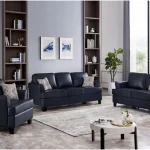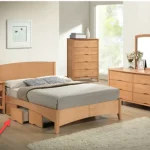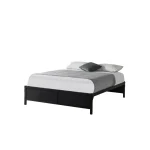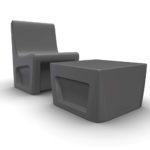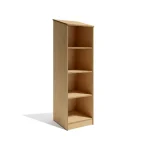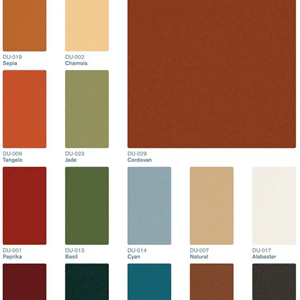What Sets Transitional Housing Furniture Apart from Traditional Furniture?
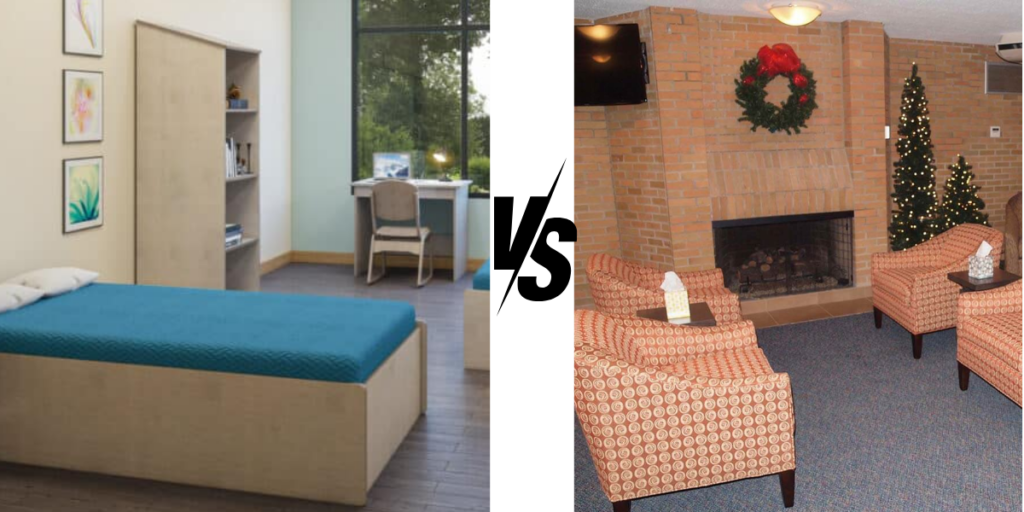
Have you ever wondered how furniture could adapt to the ever-changing needs of healthcare facilities while maintaining elegance and functionality? This remarkable feat is made possible by the unique attributes of transitional housing furniture. In this guide, we unravel the secrets behind what sets transitional housing furniture apart from traditional furniture, particularly in catering to the demanding requirements of health and human service centers.
Join us as we explore why transitional furniture reigns supreme in health and human service center furnishing. Then, discover why Furniture Concepts stands as the beacon of quality and expertise in providing tailored solutions for wholesale buyers in health and human service centers.
Inquiry Now
What is Transitional Housing Furniture?
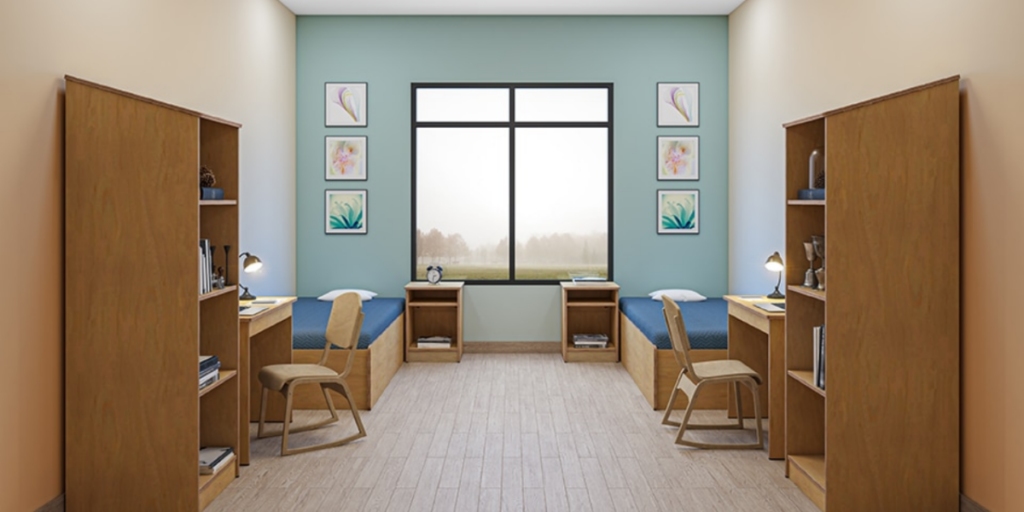
Transitional housing furniture embodies a modern approach to interior design, characterized by its ability to effortlessly fuse contemporary aesthetics with functional versatility, making it an ideal choice for the multifaceted demands of health and human service centers. Unlike traditional furniture, which may be constrained by fixed designs and stylistic conventions, transitional furniture thrives on its adaptability, catering to the dynamic nature of healthcare environments.
Key Features of Transitional Housing Furniture:
Adaptability: Transitional furniture is designed to seamlessly integrate into various healthcare settings, from patient rooms to waiting areas and administrative spaces. Its modular construction allows for easy customization, enabling wholesale buyers to configure furniture layouts that optimize both space utilization and workflow efficiency.
Functionality: In health and human service centers, where functionality is paramount, transitional furniture shines with its practical design elements. From adjustable shelving units to ergonomic seating options, every aspect of transitional furniture is carefully crafted to enhance the comfort and convenience of patients, caregivers, and staff members alike.
Durability: With the rigorous demands placed on furniture within healthcare settings, durability is non-negotiable. Transitional furniture meets this challenge head-on with its robust construction and high-quality materials, ensuring long-lasting performance even in high-traffic areas. Whether enduring frequent patient turnovers or constant use in communal spaces, transitional furniture maintains its integrity and aesthetic appeal over time.
Flexibility: Health and human service centers often require furniture that can adapt to evolving needs and changing circumstances. Transitional furniture excels in this regard, offering flexible solutions that can easily be reconfigured or repurposed as needs dictate. From modular seating arrangements to mobile storage units, transitional furniture provides wholesale buyers with the flexibility to respond to dynamic operational requirements without compromising on style or functionality.
Aesthetic Appeal: While functionality is paramount, transitional furniture also places a strong emphasis on aesthetic appeal. Its contemporary design language, characterized by clean lines, neutral color palettes, and minimalist aesthetics, creates a calming and welcoming atmosphere within healthcare environments. By seamlessly blending into the surrounding decor, transitional furniture enhances the overall ambiance of health and human service centers, promoting a sense of comfort and well-being for patients and visitors alike.
In essence, transitional housing furniture represents a holistic approach to furnishing health and human service centers, combining practical functionality with timeless elegance to create spaces that prioritize both patient care and staff satisfaction. Its adaptability, durability, and aesthetic versatility make it the ideal choice for wholesale buyers seeking to elevate the interior design standards of healthcare environments while ensuring optimal comfort and functionality for all stakeholders.
What is Traditional Furniture?
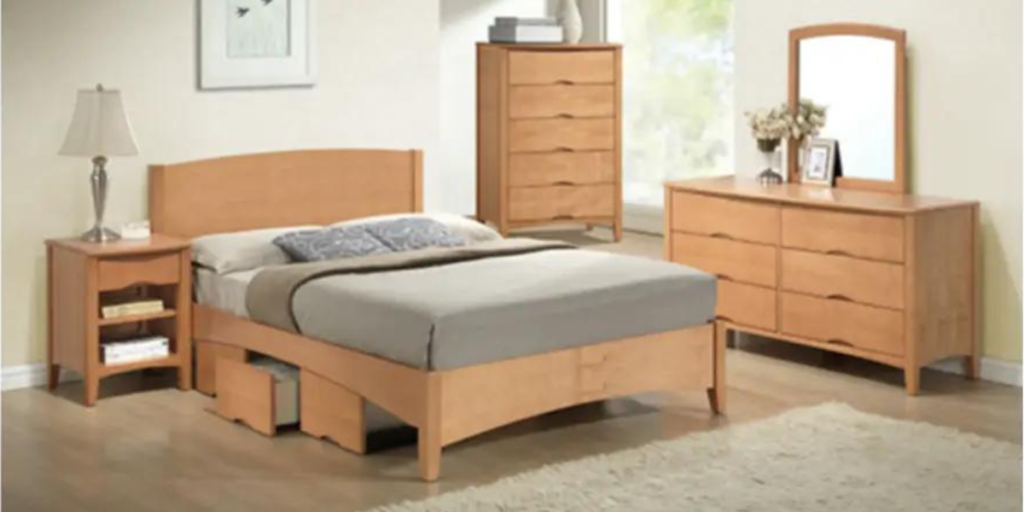
Traditional furniture embodies a rich tapestry of historical design influences and meticulous craftsmanship, evoking a sense of timeless elegance and sophistication. Rooted in centuries-old design traditions, traditional furniture showcases ornate details, intricate carvings, and sumptuous fabrics, reflecting the opulence and grandeur of bygone eras. While traditional furniture holds undeniable allure for many, its suitability within the context of health and human service centers warrants careful consideration.
Key Characteristics of Traditional Furniture:
Historical Design Influences: Traditional furniture draws inspiration from various historical periods. Each piece reflects the distinctive design motifs and architectural elements associated with its respective era, imbuing spaces with a sense of nostalgia and heritage.
Craftsmanship: Central to the appeal of traditional furniture is its emphasis on craftsmanship and attention to detail. Master artisans employ time-honored techniques to create furniture of exceptional quality, with hand-carved embellishments, intricate inlays, and meticulously finished surfaces lending each piece its unique character and charm.
Materials: Traditional furniture often utilizes high-quality, natural materials such as solid wood (typically hardwoods like mahogany, cherry, or oak), rich upholstery fabrics, and decorative accents like brass or gilt hardware. These materials not only contribute to the furniture’s aesthetic appeal but also ensure durability and longevity, standing the test of time in both style and functionality.
Elegance and Sophistication: At its core, traditional furniture exudes an air of refined elegance and sophistication. From gracefully curved silhouettes to sumptuously upholstered seating, every aspect of traditional furniture is designed to convey a sense of luxury and prestige, elevating the ambiance of any space it inhabits.
Challenges of Traditional Furniture in Health and Human Service Centers:
Ornate Designs: While the ornate designs and decorative flourishes of traditional furniture contribute to its timeless appeal, they may present challenges in healthcare settings where simplicity and functionality are paramount. Intricate carvings and elaborate detailing can harbor dust and bacteria, posing sanitation concerns in environments where cleanliness is paramount.
Fixed Structures: Traditional furniture often features fixed structures and standardized dimensions, limiting its adaptability to the diverse functions and layouts required for optimal patient care in health and human service centers. Fixed seating arrangements and rigid furniture configurations may hinder flexibility and impede the efficient flow of traffic within healthcare environments.
Maintenance Requirements: The maintenance requirements associated with traditional furniture, including periodic polishing, reupholstering, and repairs, can be time-consuming and resource-intensive in healthcare settings where staff resources are already stretched thin. Moreover, the delicate nature of traditional furniture may render it susceptible to damage or wear over time, necessitating frequent upkeep and replacement.
while traditional furniture holds undeniable appeal for its historical significance and aesthetic allure, its suitability within the dynamic context of health and human service centers is subject to certain challenges. The ornate designs, fixed structures, and maintenance requirements inherent to traditional furniture may pose practical obstacles in accommodating the diverse needs and operational demands of healthcare environments, prompting wholesale buyers to explore alternative furnishing solutions better aligned with the functional requirements of modern healthcare settings.
What Sets Transitional Housing Furniture Apart from Traditional Furniture?
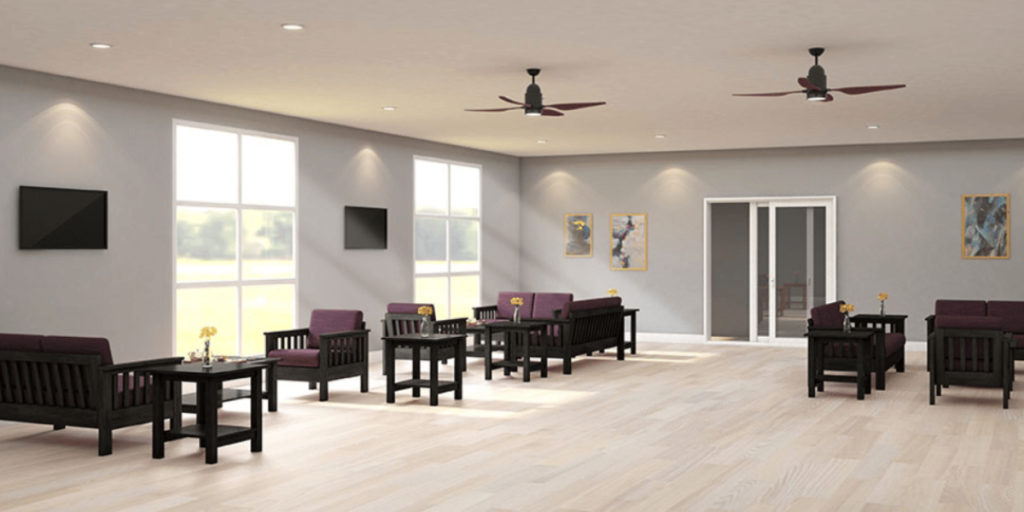
The key distinction between transitional housing furniture and traditional furniture lies in their adaptability and functionality within health and human service centers. Transitional furniture’s ability to cater to temporary housing situations, flexible clinic spaces, and evolving patient needs makes it an invaluable asset for wholesale buyers in healthcare settings. Unlike traditional furniture, which may be limited by its design and construction, transitional furniture offers a practical solution that can easily be customized to meet the specific requirements of health and human service centers.
Advantages of Transitional Housing Furniture
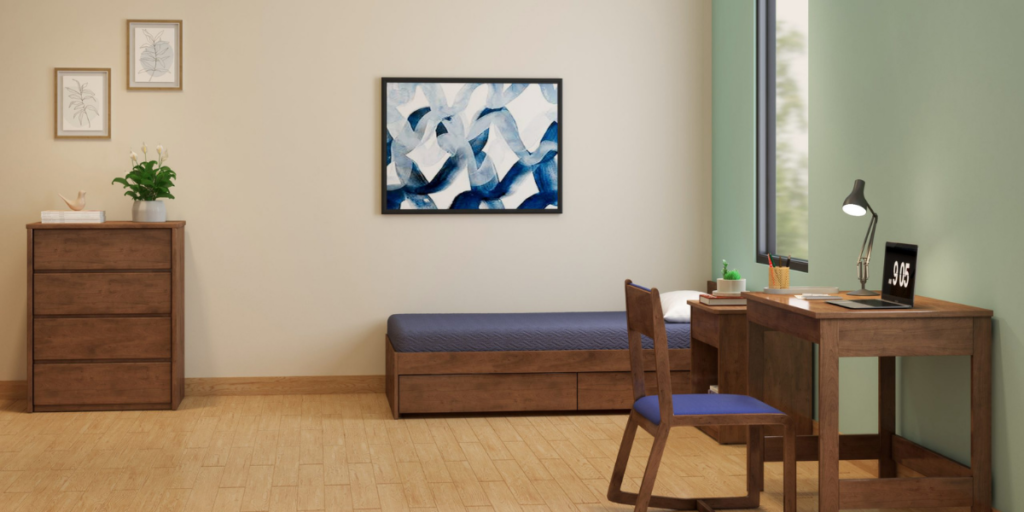
Transitional housing furniture offers numerous advantages for wholesale buyers in health and human service centers. Its adaptability and flexibility make it well-suited for accommodating the diverse needs of patients, staff, and visitors. Furthermore, its lightweight construction and modular design allow for easy reconfiguration and maintenance, ensuring optimal functionality and aesthetics within healthcare environments. Additionally, transitional furniture’s neutral aesthetic appeals to a wide range of design preferences, making it a versatile choice for wholesale buyers seeking to furnish health and human service centers.
Why Furniture Concepts is the Best Place to Buy Transitional Housing Furniture:

Furniture Concepts stands as the premier destination for wholesale buyers seeking transitional housing furniture tailored specifically for health and human service centers. Renowned for its comprehensive approach to furnishing solutions, Furniture Concepts understands the unique demands of healthcare environments, ensuring that every piece prioritizes adaptability, durability, and functionality.
Here’s an overview of what makes Furniture Concepts the top choice:
Specialized Offerings for Group Settings:
- Furniture Concepts specializes in providing furniture designed for group living environments, including health and human service centers.
- Our product range is meticulously curated to meet the specific needs of these settings, offering targeted solutions that are both functional and appropriate.
- Emphasizing durability, our furniture is constructed with heavy-duty materials, ensuring longevity and retaining aesthetic appeal even in high-traffic areas.
Customer-Focused and Experienced:
- At Furniture Concepts, customer satisfaction is paramount. We offer personalized support to ensure that each wholesale buyer finds the perfect furniture solutions tailored to their unique requirements.
- With over two decades of industry experience, Furniture Concepts brings unparalleled expertise and insight into the transitional housing furniture market.
- Our extensive product range caters to a variety of tastes and functional needs, from essential furniture items to specialized pieces designed for healthcare environments.
Adaptability and Variety:
- Furniture Concepts’ furniture is designed to seamlessly adapt to various living situations and styles, offering wholesale buyers flexibility in furnishing healthcare spaces.
- Our diverse catalog includes minimalist designs as well as more robust options, ensuring there’s something for every healthcare setting and design preference.
Trust and Reliability:
- Built on a foundation of trust, Furniture Concepts has earned a reputation for quality and service backed by years of positive customer feedback.
- Wholesale buyers can rely on Furniture Concepts to deliver exceptional transitional housing furniture that meets the highest standards of quality and functionality.
In conclusion, Furniture Concepts’ commitment to quality, varied range, and tailored solutions makes it the ultimate destination for wholesale buyers seeking transitional housing furniture for health and human service centers. With our dedication to customer satisfaction and extensive industry expertise, Furniture Concepts stands out as the trusted choice for furnishing healthcare environments with furniture that enhances patient care and comfort.
Conclusion
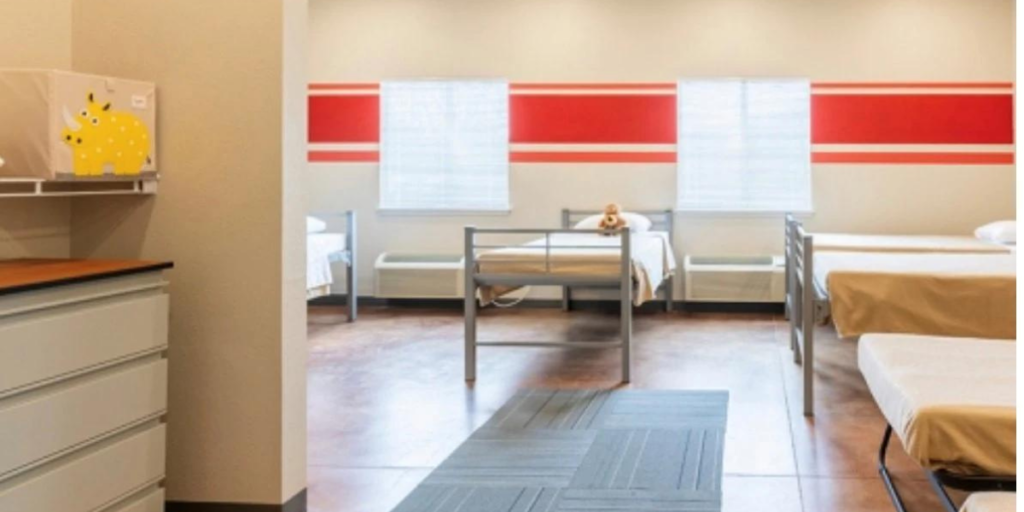
In conclusion, transitional housing furniture emerges as the superior choice for furnishing health and human service centers due to its adaptability, functionality, and aesthetic versatility. Unlike traditional furniture, which may struggle to meet the dynamic demands of healthcare environments, transitional furniture effortlessly blends contemporary design with practicality, catering to the evolving needs of patients and staff alike.
For wholesale buyers seeking the perfect transitional furniture solutions, Furniture Concepts stands as the premier destination. With a specialized focus on providing tailored furnishings for healthcare settings, Furniture Concepts offers a comprehensive range of products designed to prioritize adaptability, durability, and customer satisfaction. Our decades of industry experience, personalized customer service, and diverse product catalog make Furniture Concepts the trusted choice for elevating the interior design standards of health and human service centers. Ready to transform your healthcare environment with transitional housing furniture from Furniture Concepts? Contact us to get a quote and start furnishing your space today!


